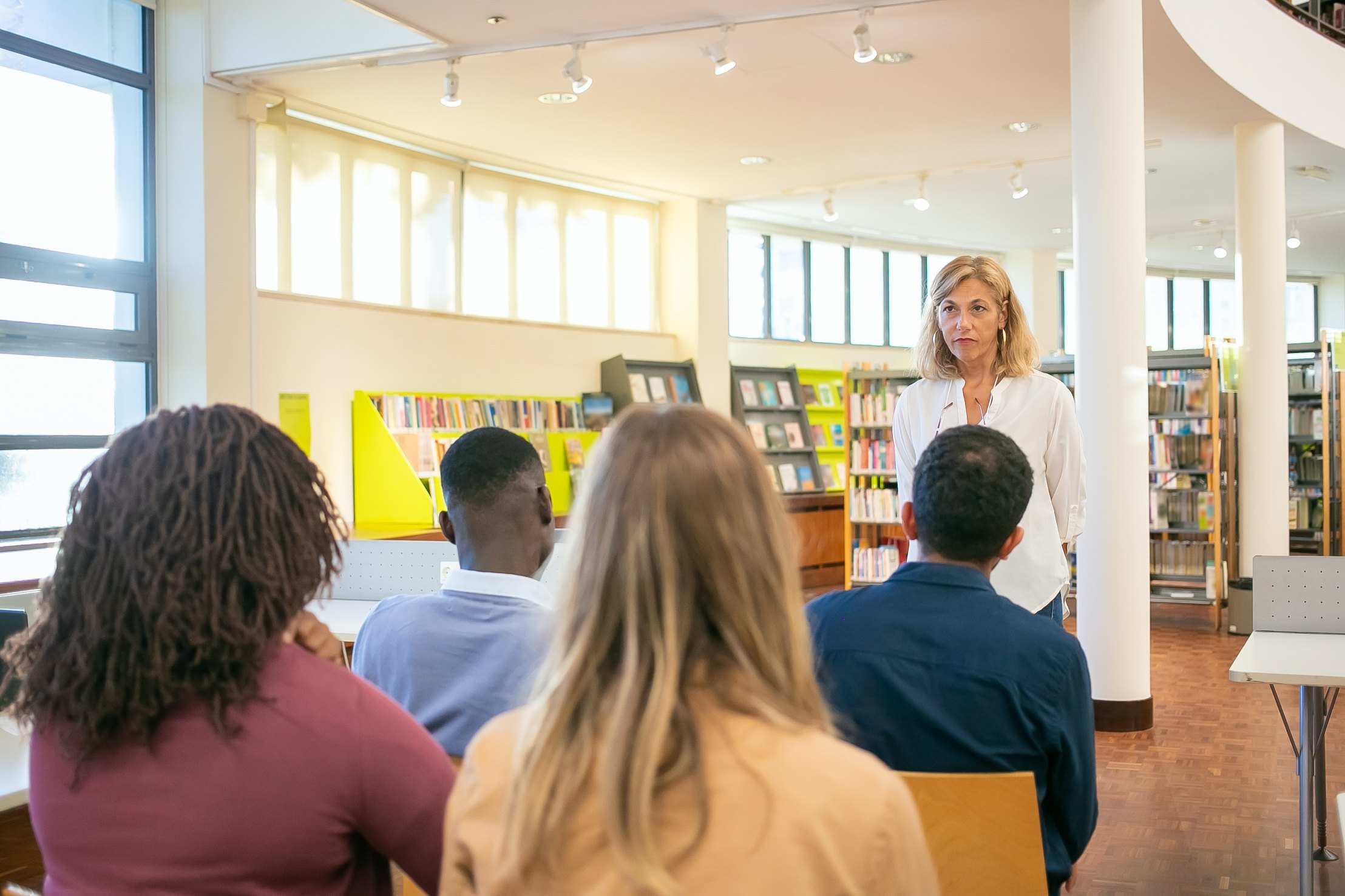Family and Community Engagement
- Project Lead Coaches: Carlton Ashby, M.S., Tiffany Stewart-Cline
- Grade Bands: Early Childhood, Elementary, Middle School
- Delivery: In-Person (preferred), Hybrid, Virtual
- Specialized to a Population: No
- Audience: Principals, General Ed, SPED & Bilingual Teachers, Students, Parents
Many of us have heard the proverb, “It takes a village to raise a child.” This proverb rings true for the social emotional support needed for the development of the “whole child” in the education system. ULLC devotes an entire series of support to develop and strengthen the connection between school, home, and the community. Parent, family, and community involvement in education correlates with higher academic performance and school improvement. When schools, parents, families, and communities work together to support learning, students tend to earn higher grades, attend school more regularly, stay in school longer, and enroll in higher level programs.

Phase One: Parent University consists of a three-part series of
parenting/caregiver seminars. The seminars will include topics such as: (1) How
to develop a positive parent/teacher relationship? (2) How to create the ideal
environment for homework? (3) How to create short/long term educational goals?
Phase Two: Building Communication Bridges consists of a series of community
events that support improving the communication between school-based staff and
parents, families, and caregivers. The ULLC coach will lead the school in
creating an authentic event within the community that supports improved
communication.
Phase Three: Invitations to Leadership. This phase consists of connecting 70%-80%
of the parent/caregiver population with a leadership opportunity within the
school building.
Phase Four: Collaborating with Local Community Members. During this phase, the
ULLC coach will complete an audit of the local business groups within a 30-mile
radius of the school and work closely with the school and district leadership
to create and sustain community partnerships. Some of the previous partnerships
have included mentorship through local Boys and Girls Clubs, holiday
sponsorships from local places of worship, and academic tutoring by college sororities and
fraternities.
